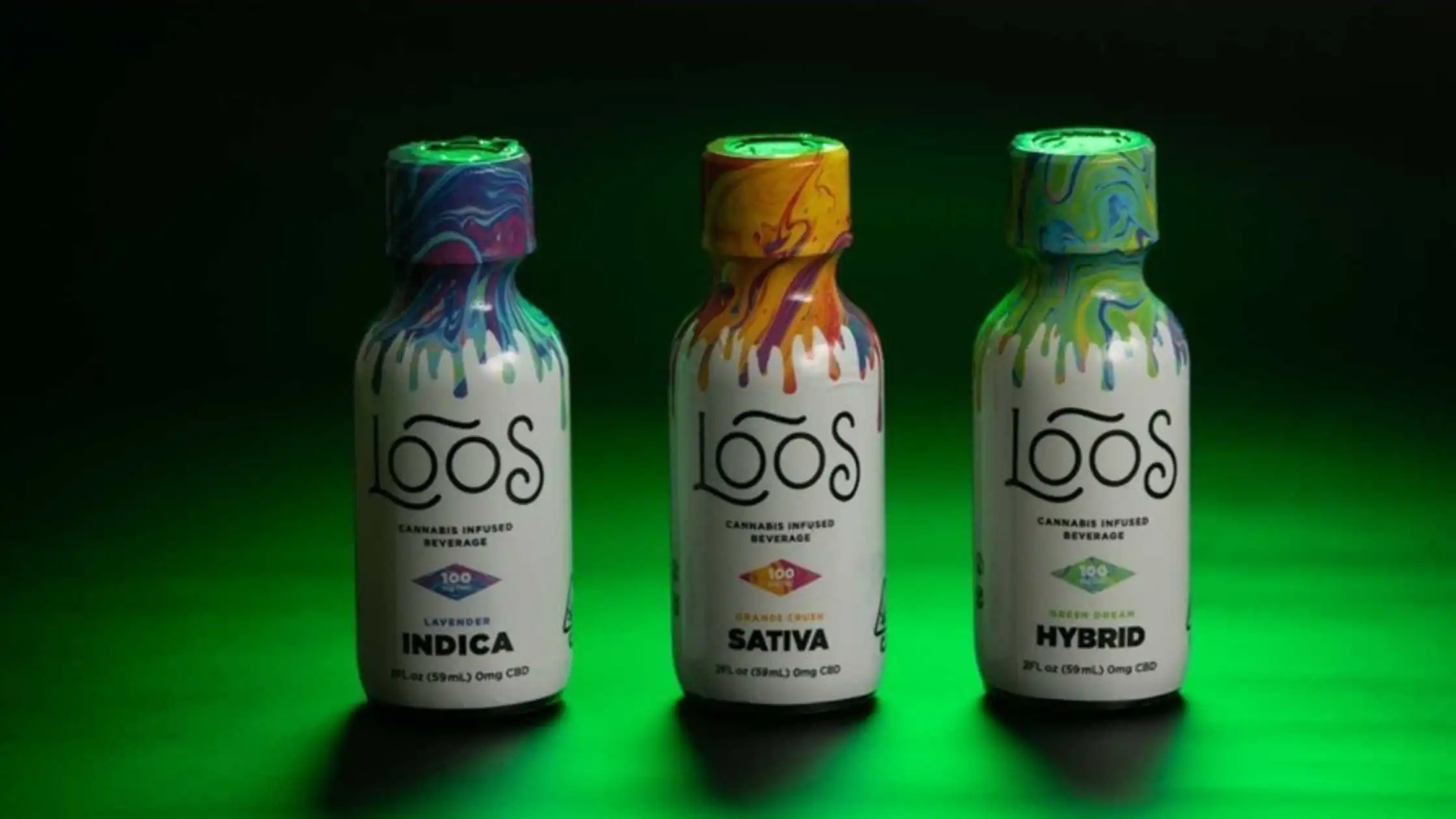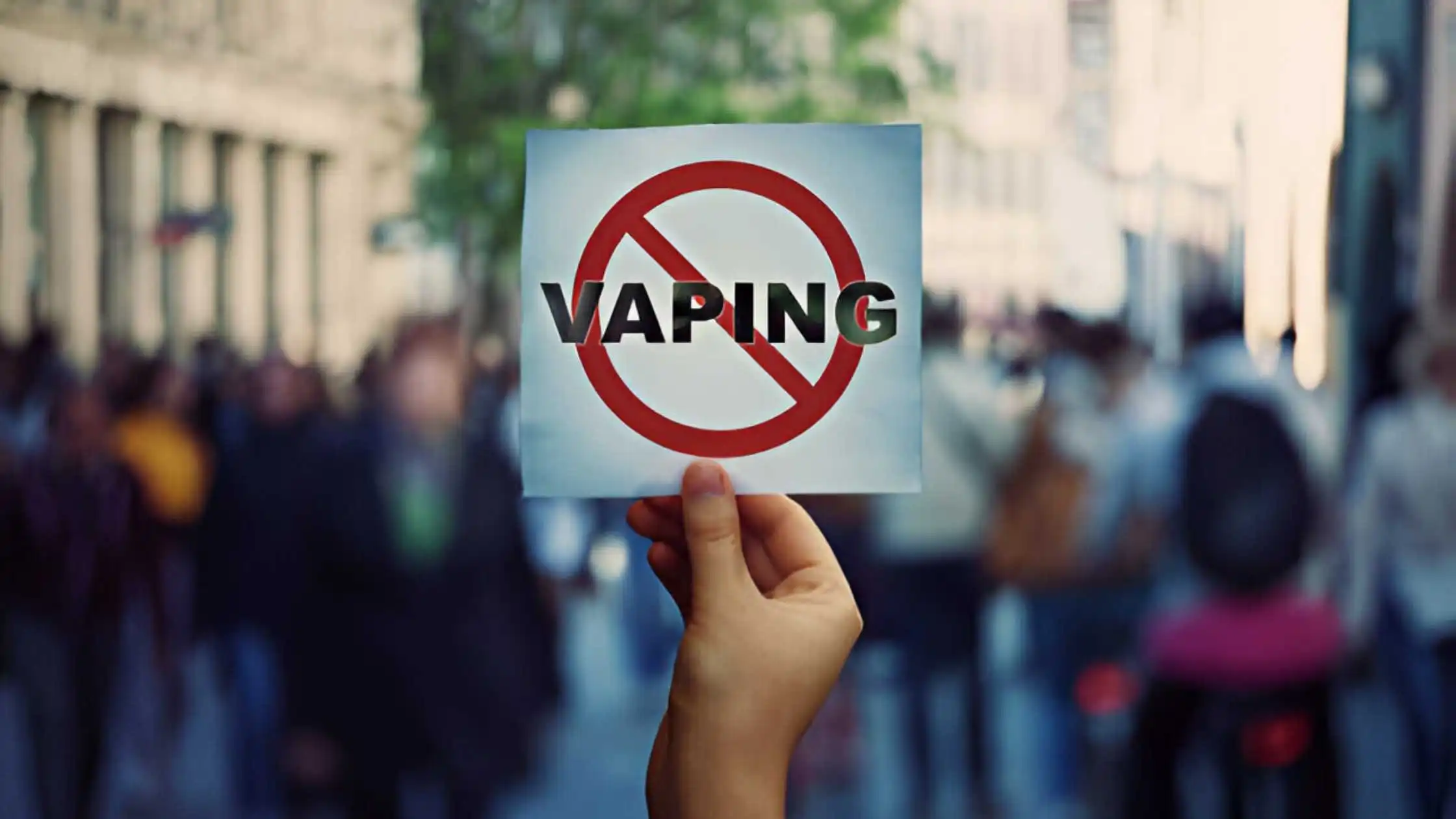Only 3 states have shown growth but could face the same headwinds.
Cantor Fitzgerald cannabis analyst Pablo Zuanic published a report on the negative trends impacting the industry. Price compression along with increased competition has made the retail environment a challenging one. Sales in July and August are down in most states and the market dynamics seem to be changing as companies pivot to adjust.
The analyst wrote about “worsening growth trends in most of what we call the ‘MSO states’ (IL/PA/FL/AZ/CA/OH/MD) with the exceptions being MA/MI/NV; but in these last three states, prices are down, and we believe retailer economics have worsened.” Zuanic also called noted that wholesalers are finding that their customers are beginning to produce their brands and specifically called out Colorado where 70% of the flower market share is ‘private label’.
The Bad News
Illinois
In Illinois, the daily average rec/med sales for Jul/Aug, as per the official data, dropped 1% vs. the daily 2Q22 average, which compares with 6% seq growth in 2Q22. He wrote, “The number of stores is unchanged, but we expect the 185 new licensees to open through most of 2023. Despite the lack of growth, IL remains one of the rec states with the most
attractive economics: we estimate annualized rev/store sales are close to $18Mn and wholesale prices are the highest among the states as tracked by Cannabis Benchmarks at
$3,600/lb. The latter said we understand vertical producers are allocating more of their products to their stores (increasing verticalization) as a way to compensate for
retail price pressures; we think this explains wholesale prices being up 4% when comparing 9/9 with 7/1 (prices were up 1% between 7/1 and 4/1).”
Pennsylvania
Zuanic said he didn’t have the data to accurately analyze Pennsylvania‘s sales but had heard it was lagging Illinois in growth. “On a run rate basis, we estimate revenue per store in PA is now at ~ $6Mn vs. ~$10Mn a year ago. Lacklustre growth and increased production have pressured retail prices. With lower wholesale prices (increased capacity) and likely lower retail spreads, we are seeing operators going vertical (increasing capacity to increase the sales of their brand at their stores),” wrote the analyst. The combination of increasing store counts in the state, along with neighbouring New Jersey selling legal adult-use cannabis has likely hurt the companies based there.
Florida
Florida is a little harder to analyze as data from Headset data pointed to a decline in Jul/Aug sales, but the state’s data pointed to volume growth. According to the Headset data, FL sales
were down by about 6% for the summer months, but the OMMU volume data (the state’s official data source for volumes) pointed to 2.6% seq volume growth. Zuanic said that Headset only recently began making its Florida data available, but he thinks it implies discounting in the state and price pressures.
Arizona
Again using Headset data, the analyst saw a decline in sales so far in the third quarter, with Jul/Aug daily averages down 7% seq, after a 2% seq drop in 2Q22 and -3% in 1Q22 (we are not aware of accurate recurring official $ data). the report said, “Interestingly, with AZ having gone rec just in Jan’21, we would have expected a more sustained robust growth pace, but the state seems to be reaching “maturity” much earlier than expected.”
California
The OG of the cannabis industry continues to struggle. Headset data is showing that the state has experienced a drop in sales in the third quarter of 4% from the second quarter, which was disappointing because the second quarter saw 5% sales growth. “Wholesale prices at $770/lb are the lowest in the country, ex OR ($754), and are down 24% YTD and are 7% below the 2Q22 average. On the retail price front, Headset points to Aug prices of $6.61/gram, also down 7% vs. the 2Q22 average,” wrote Zuanic. The analyst is hoping that falling gas prices will help the delivery operators. He also pointed out that the number of overall licensed operators has remained flat reducing the competition pressures faced by other states.
Ohio
Cantor wrote, “As per the official data, average daily sales in Jul/Aug were down 4% vs. the 2Q22 daily average; all this after +5% seq growth in 2Q22 and +10% in 1Q22. Retail prices are also down, with 8/29 flower prices of $235/oz 7% below the 2Q22 average and down 12% YTD. With the state issuing more cultivation and retail licenses, economics could worsen.”
Maryland
Maryland didn’t fare much better. The analyst wrote that average daily sales in Jul/Aug were down 8% vs. the 2Q22 daily average. He thinks that New Jersey’s newly launched adult-use market could be the reason behind the drop in sales.
The Good News
Despite all the bad news, some states have managed to keep the gravy train rolling. Massachusetts, Michigan, and Nevada all turned in good summer sales.
Massachusetts
With August sales hitting $155.2 million, the state delivered mid-single-digit growth. Zuanic wrote, “Total average daily sales for rec/med in Jul/Aug were up 4.3% vs. the 2Q22 average (after 3% seq growth in 2Q22). But despite $ growth, we calculate operator economics continue to worsen.” Like the other states, prices were falling and the amount of stores was increasing. But for now, Massachusetts continues to grow.
Nevada
Cantor said that Headset data pointed to a jump in sales, with Jul/Aug daily averages up 6% seq, after a 3% drop as per the official state data in 2Q22 and -5% in 1Q22. There has been an increase in stores, but not by a crazy amount. The growth could help the increase in sales versus creating too much competition. The analyst is also seeing the same whole dynamics at play forcing companies to sell their own products in-house versus other brands.
Michigan
The state only had official data for July, while Headset provided numbers for both months. Sales seemed to have grown 8% versus the second quarter, but Zuanic cautioned that the number of stores is exploding. The state has seen the store count almost double this year. Wholesale prices have dropped 53% year-to-date despite increasing sales and retail prices have fallen from flower selling at $8.41 a gram last year to just $4.88 a gram in August.
In Closing
The stock prices seem to hang onto the regulatory news, where there has been little movement. The industry is facing pressures on pricing and increased competition. Each new market presents opportunities, but then also cuts into neighboring markets. The analyst said he prefers more established MSOs that can weather the headwinds facing the cannabis industry. His top picks include Cresco, Curaleaf, Green Thumb (OTC: GTBIF), and Trulieve.
Disclaimer: https://www.greenmarketreport.com/cantor-issues-report-on-summer-bummer-cannabis-sales/
Posted by: Times Of Hemp, TOH, #TOH, #TimesOfHemp, https://www.timesofhemp.com





